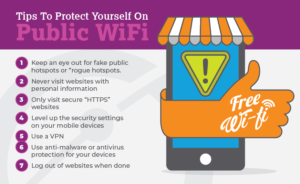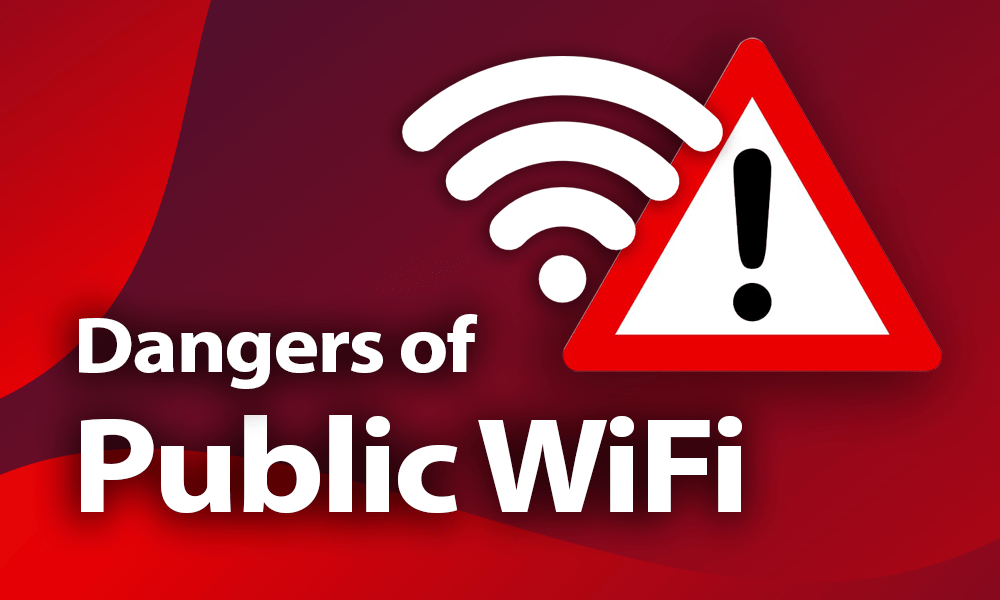Introduction
Greetings, cybersecurity enthusiasts and fellow hackers! Today, I’m donning my ethical hacker hat to shed light on the treacherous world of public Wi-Fi and why you should think twice before connecting to that seemingly innocent coffee shop network. In this article, we’ll explore the dangers lurking in the shadows and provide you with essential knowledge to protect your digital life.

The Allure of Public Wi-Fi
We get it – free public Wi-Fi is incredibly convenient. Whether you’re sipping a latte at your favorite cafe or waiting at the airport, these networks offer a lifeline to the digital world. But remember, convenience often comes at a cost.
Unencrypted Connections
One of the primary dangers of public Wi-Fi is the lack of encryption. When you connect to these networks, your data is often transmitted in plain text, making it a virtual goldmine for hackers. Malicious actors can easily intercept your emails, passwords, and other sensitive information.
Man-in-the-Middle Attacks
Ever heard of a man-in-the-middle attack? This technique allows hackers to intercept and alter the communication between two parties, often without either party realizing it. Public Wi-Fi is the perfect breeding ground for such attacks. Hackers can position themselves between you and the network, capturing your data as it flows through them.
Fake Hotspots
Beware of rogue hotspots! Crafty hackers can set up fake Wi-Fi networks with legitimate-sounding names like “Starbucks Guest” or “Airport Free Wi-Fi.” Unsuspecting users connect to these networks, only to have their data stolen. Always double-check with the establishment to ensure you’re connecting to the correct network.
Snooping Eyes
Public places are filled with prying eyes. From nosy neighbors at your local cafe to shady characters at the airport, your screen isn’t as private as you might think. Always be cautious about what you do on public Wi-Fi – avoid accessing sensitive accounts and data.
Weak Passwords
Public Wi-Fi passwords are often widely known and easily guessable. Don’t rely on them for security. Even if you need to log in with a password, assume that others can still access the network.
The Risk of Malware
Public Wi-Fi networks can serve as breeding grounds for malware. Hackers can inject malicious software into the network, infecting devices connected to it. Without proper security measures, your device could become a victim.
Best Practices for Staying Safe
Now that we’ve seen the dangers, let’s discuss how you can protect yourself:
Use a VPN (Virtual Private Network) to encrypt your internet traffic.
Avoid accessing sensitive accounts or conducting financial transactions on public Wi-Fi.
Disable automatic Wi-Fi connections on your device.
Always verify the authenticity of the network with the establishment.
Keep your device’s software and security apps up-to-date.
Consider using mobile data instead of public Wi-Fi for critical tasks.
Conclusion
As a ethical hacker, my goal is not to scare you away from public Wi-Fi but to make you aware of the risks. With the right precautions, you can continue to enjoy the convenience of these networks while keeping your personal and sensitive information safe. Remember, the digital world is a wild place, and it’s always better to be a step ahead of those who seek to exploit its vulnerabilities. Stay safe out there!


